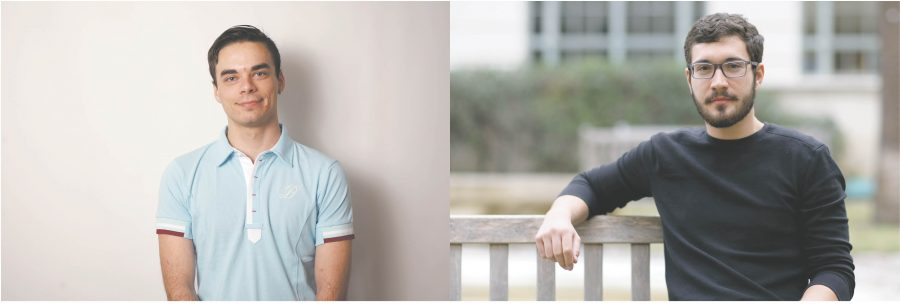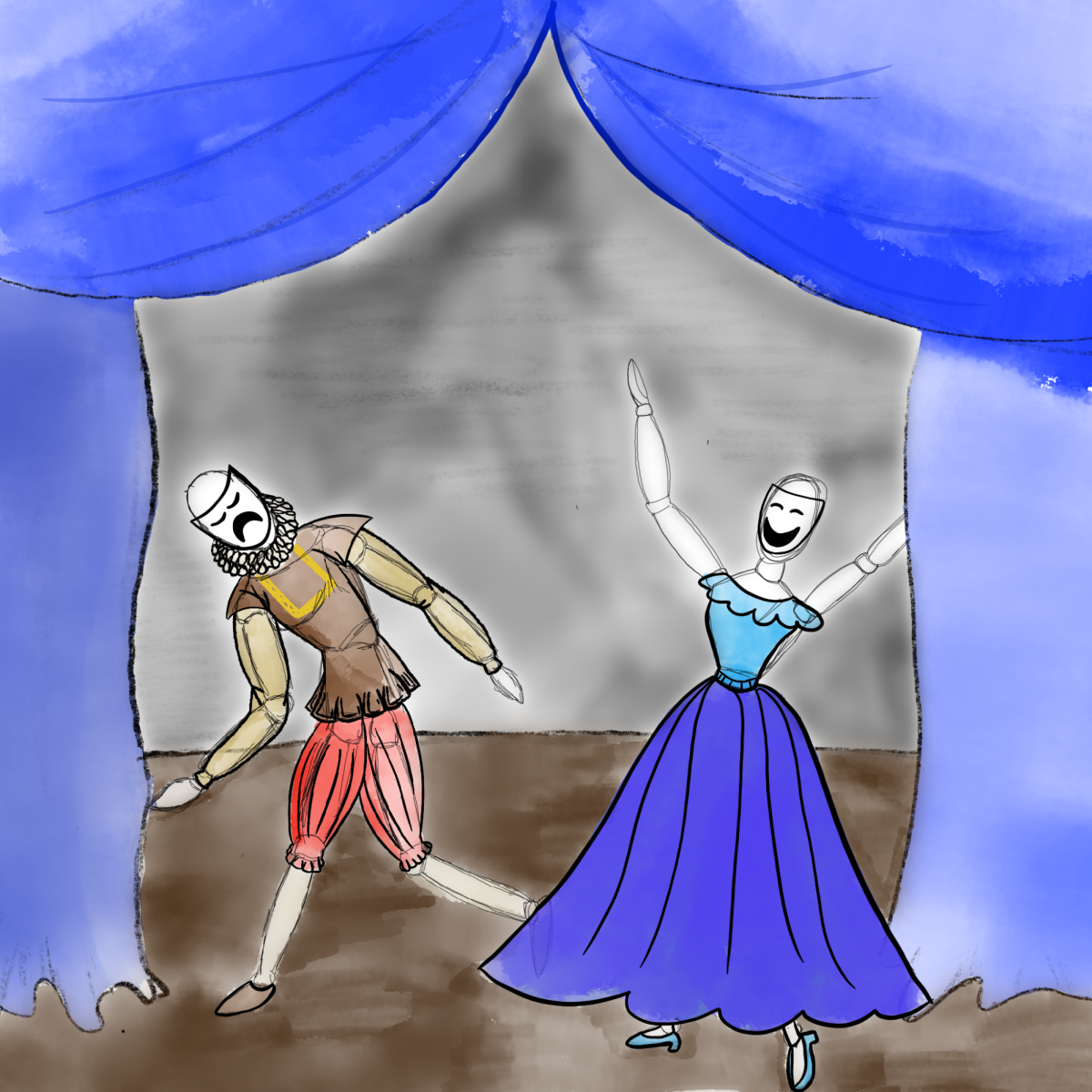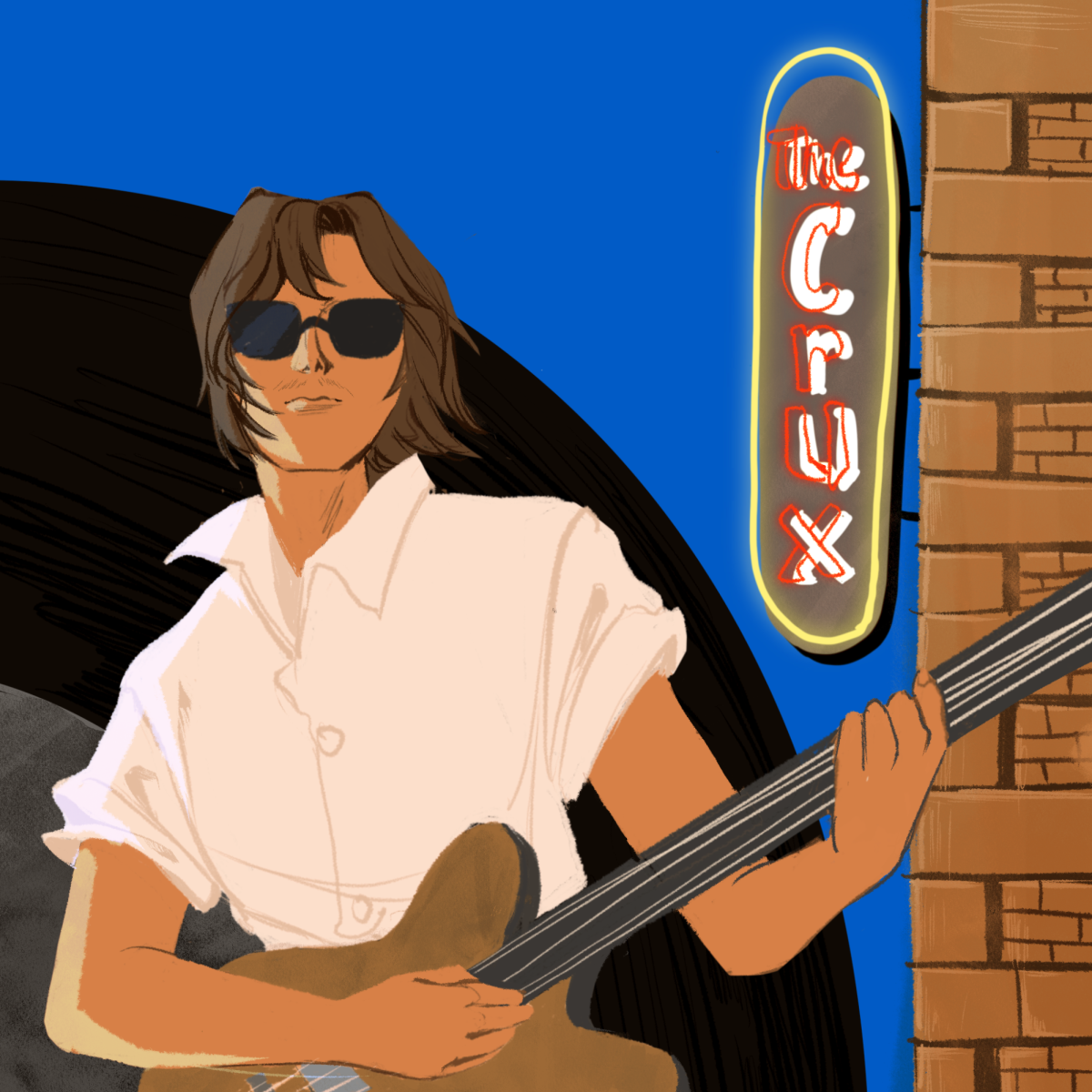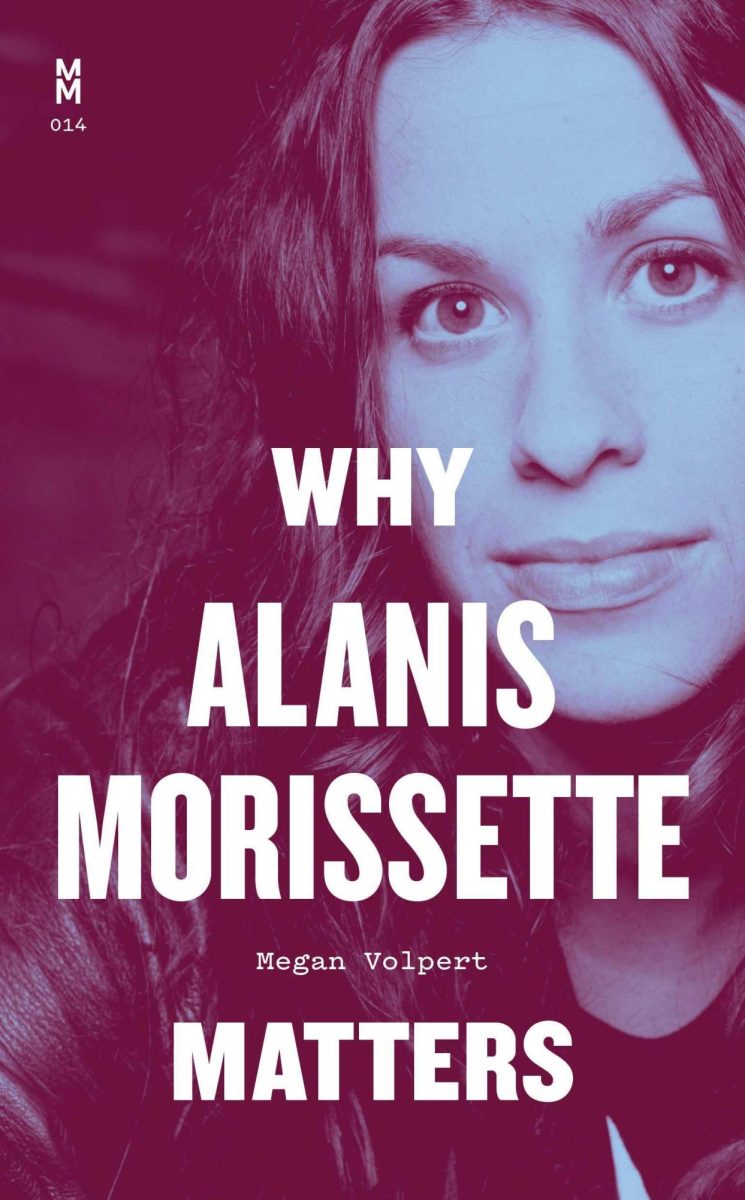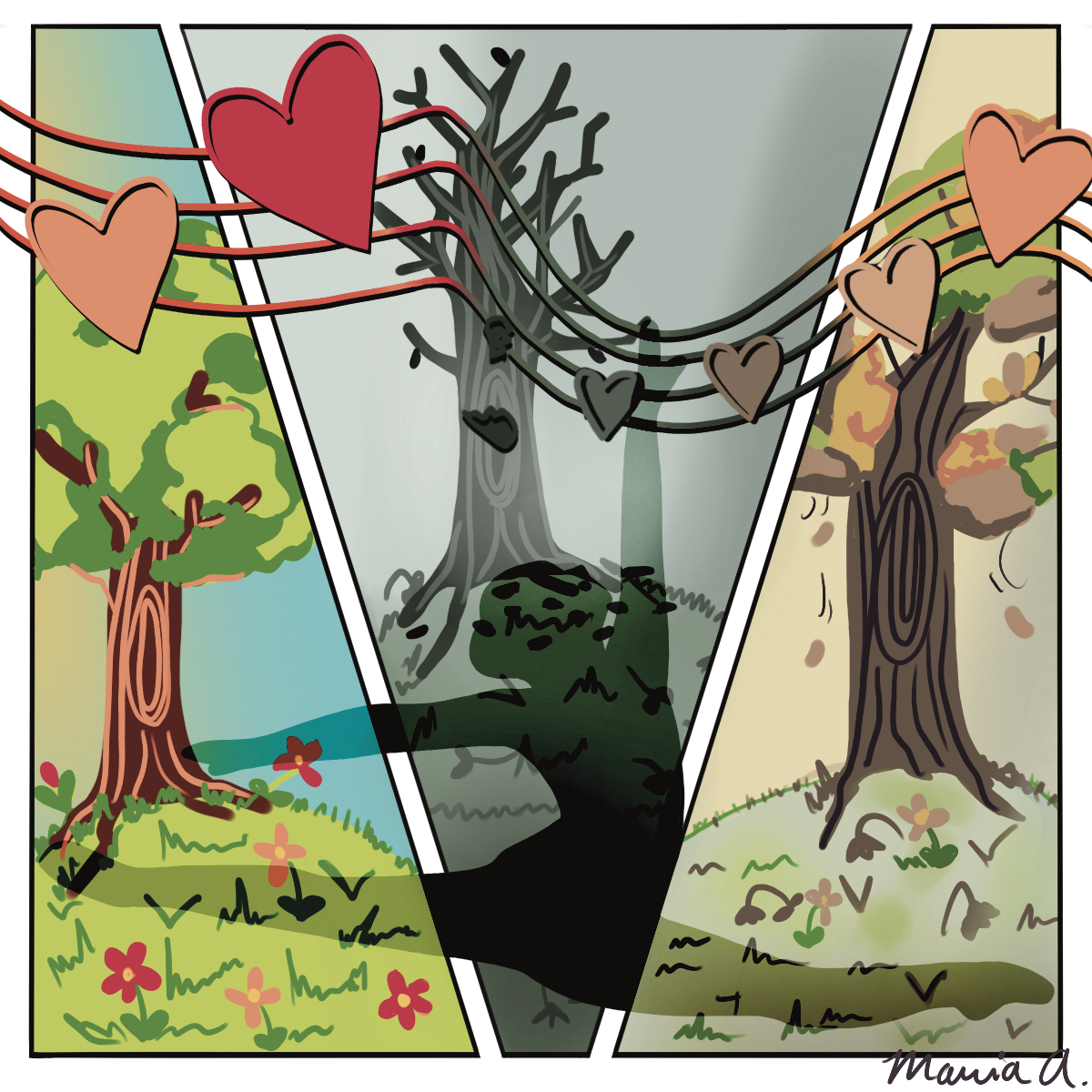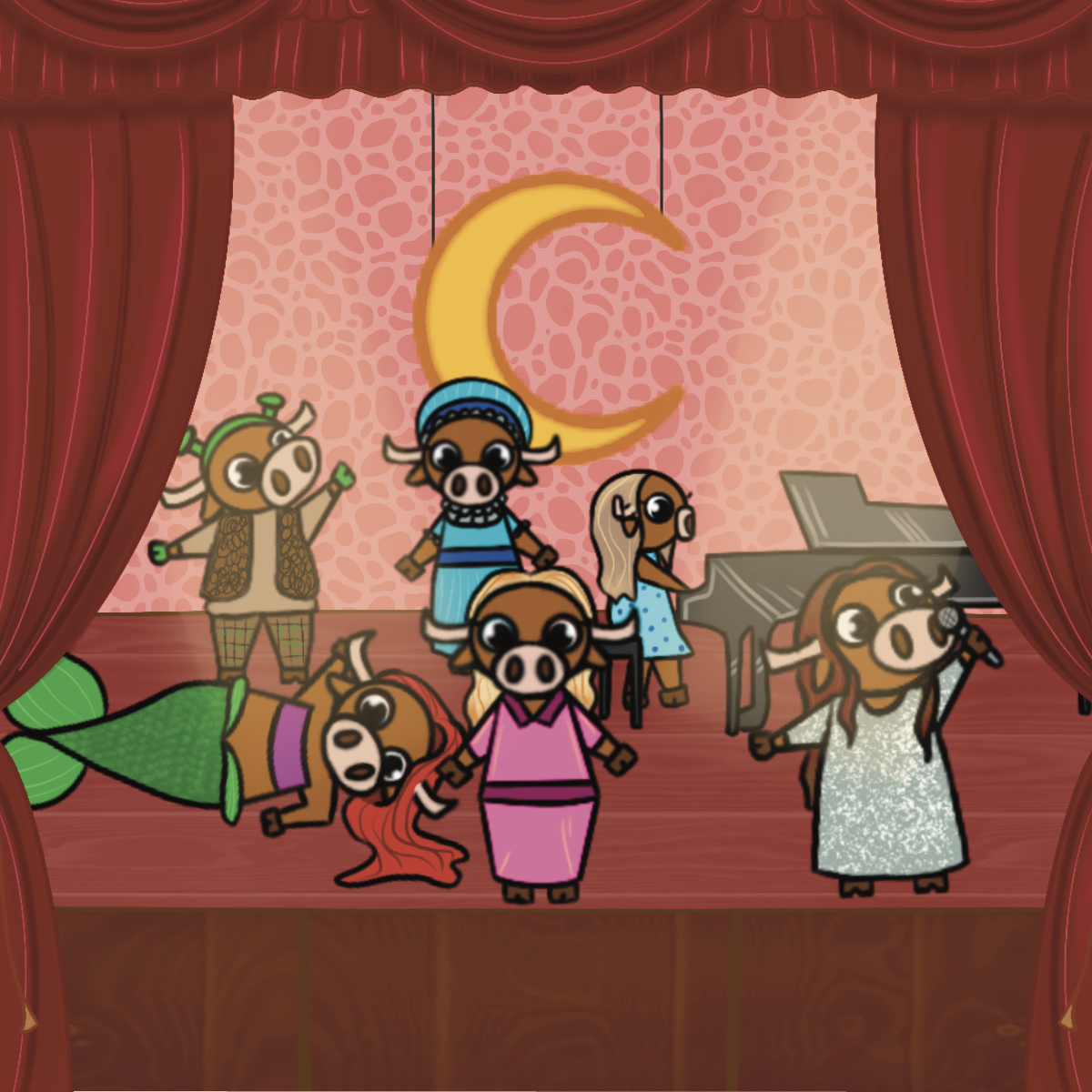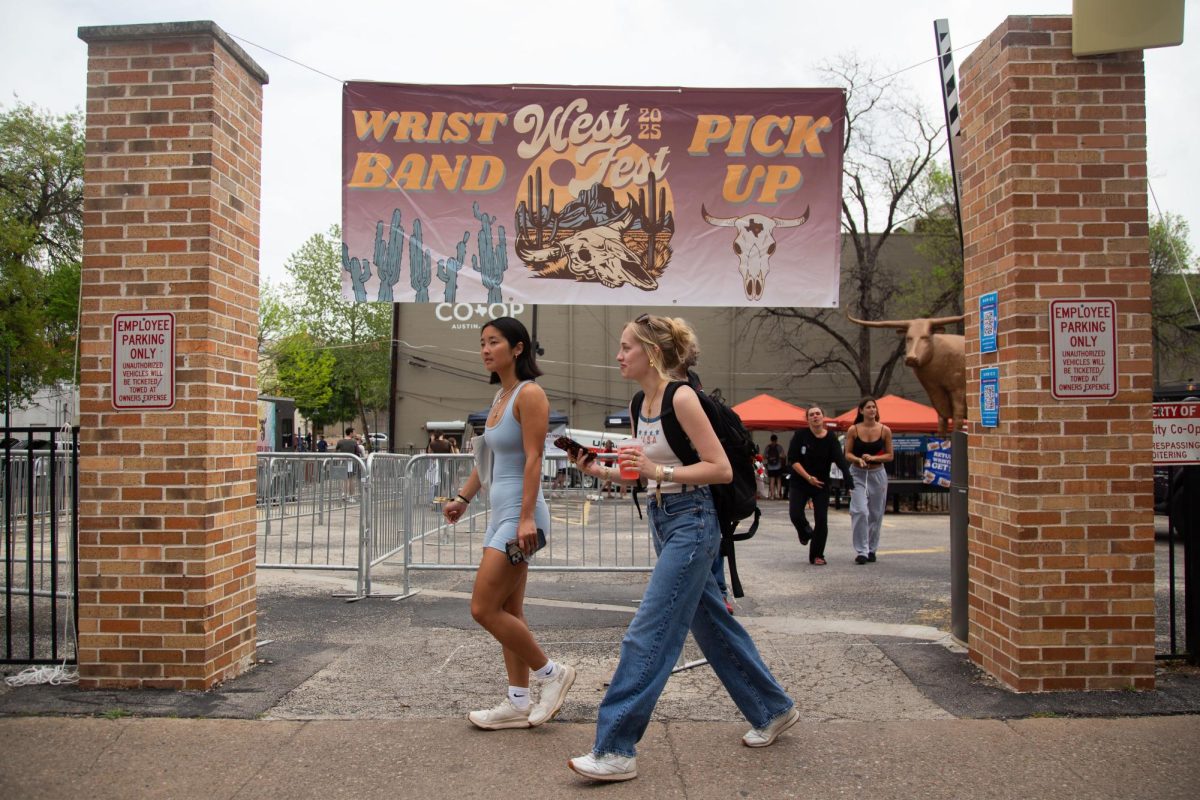Editor’s Note: This article appears in a package focused on LGBT issues on campus. Click here to read about issues transgender students face and LGBT professors' perspectives on the campus climate and evolving UT policies.
As a gay student entering college, physics and astronomy junior Alec Wills never thought he would join a fraternity. But by the end of his first semester at UT, Wills was wearing letters.
He joined Delta Lambda Phi, a fraternity that seeks gay, bisexual and progressive male members. The fraternity’s UT chapter, established in 2010, aims to provide queer students with mentorship and promote equality on campus. Members don’t have to be gay or bisexual, but they do have to identify as male.
“All of my closest friends are frat members now, and I have people to socialize with and talk to if I ever need it,” Wills said. “It’s like a support group.”
DLP is an affiliate member of the UT Greek system, meaning members participate in events with other Greek groups. Although their brotherhood resembles other UT fraternities, Wills said, as a gay student, he wouldn’t feel comfortable anywhere but DLP.
“I feel like being in a frat as a gay person would be less conducive to a safe place than if you were just another straight person joining,” Wills said. “There are more opportunities to be discriminated against.”
Biochemistry senior Kyle Brinkmann, a DLP member, transferred to UT his sophomore year and was in search of a community he felt welcome in. While he was rushing DLP his junior year, he said the fraternity helped him gain the confidence to come out to his family.
“[DLP] didn’t force me or anything,” Brinkmann said. “They made me feel more comfortable and like it wasn’t a problem. All those bad things I was thinking in my head ended up not being a problem. My family accepted me for who I am and [my brothers] were there for me through it all.”
Although each member’s story differs, Brinkmann said everyone in the fraternity understands what it’s like to keep their sexualities or identities a secret. He said, sometimes prospective members are reluctant to approach the DLP’s table during recruitment for fear of being outed to their peers.
“It’s sad because, day to day, [people] hide themselves, and that’s a heavy weight to hold,” Brinkmann said. “There’s a lot of covering up and lying — not in a bad way — just to disguise yourself as a masculine heterosexual male on campus. There’s this stigma of what the LGBT community looks like. But we’re just average people that like something different.”
On a weekly basis, the fraternity members go out to at least one social event together including mini-golf, parties or formals. Throughout the semester, the fraternity supports its philanthropy group, The Trevor Project, a nonprofit organization that focuses on suicide prevention among the LGBT youth community. During the campus-wide fundraising event Orange Santa, the group hosts a drag show toy drive. This year’s drag show will take place Friday in the Student Activity Center.
“We incorporate gay culture into [our fundraisers],” Wills said. “A bunch of the frat brothers are drag queens.”
Wills said he thinks the LGBT community is well-represented on campus. Student organizations such as Gaymers and oSTEM also seek to provide this community with a group of similar peers.
He said he thinks the Austin community is accepting of the LGBT community, but there’s still more to be done. After gay marriage became legal over the summer, Wills said the next step is to recognize the LGBT community’s diversity.
“Most of the publicity that it’s gotten has been less focused on people of color and trans people,” Wills said. “I feel like the next step in general for LGBT rights is to focus on inclusion of them into the mainstream idea of what equality is.”

